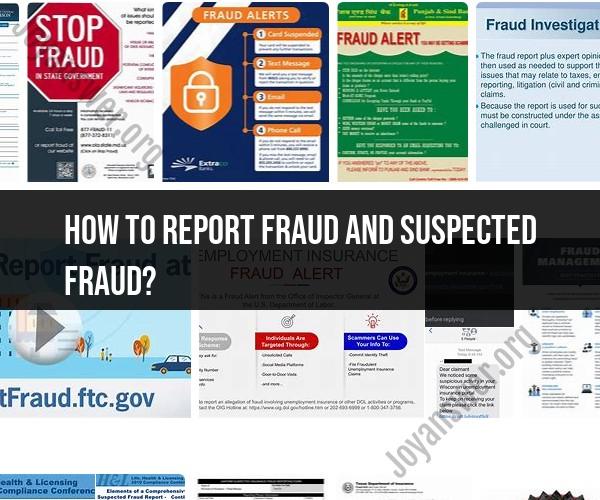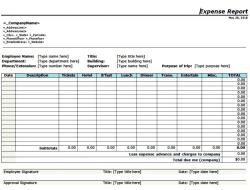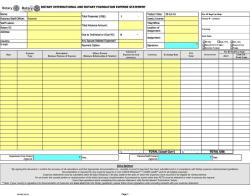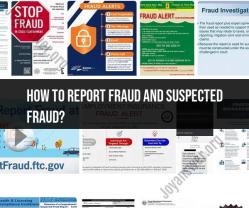How to report fraud and suspected fraud?
Reporting and addressing suspected fraud can vary depending on the nature of the situation and where it occurred. Here are general steps to follow when you suspect fraudulent activities:
Gather Information: Collect all relevant information about the suspected fraud. This may include documents, emails, receipts, or any other evidence that supports your suspicion.
Contact the Organization: If the fraud is related to a specific organization, such as a company, government agency, or financial institution, contact their customer service or fraud department. They often have established procedures for reporting fraud.
Contact Law Enforcement: If the suspected fraud involves criminal activity, such as identity theft, credit card fraud, or online scams, contact your local law enforcement agency or the appropriate agency that handles cybercrime.
Report to Regulatory Agencies: Depending on the type of fraud, there may be regulatory agencies that handle specific types of fraud, such as the Federal Trade Commission (FTC) in the United States. Check if there are any relevant agencies in your jurisdiction and report the fraud to them.
Credit Bureaus: If you suspect identity theft or fraudulent accounts opened in your name, contact the major credit bureaus (Equifax, Experian, and TransUnion) to place a fraud alert on your credit reports.
Online Fraud Reporting: For online fraud, such as phishing emails or fraudulent websites, consider reporting to organizations like the Anti-Phishing Working Group (APWG) or the Internet Crime Complaint Center (IC3).
Document Everything: Keep records of all communications and actions taken regarding the suspected fraud. This documentation may be important for future reference.
Protect Yourself: Take steps to protect yourself from further fraud, such as changing passwords, monitoring financial accounts, and being cautious about sharing personal information online.
Legal Advice: Depending on the severity of the fraud and potential legal implications, you may want to consult with an attorney for guidance on your specific situation.
Remember that the specific steps to report fraud may vary by country and region, so it's important to follow the procedures and recommendations relevant to your location and the nature of the suspected fraud. If you're unsure about how to proceed, contacting local law enforcement or a legal professional can provide valuable guidance.











